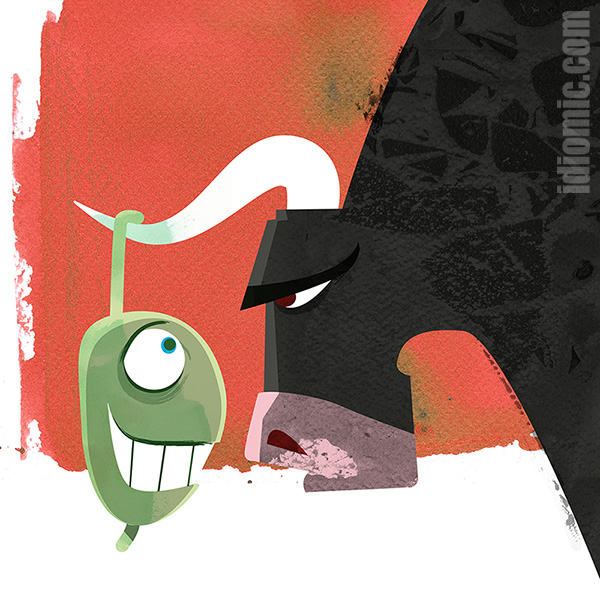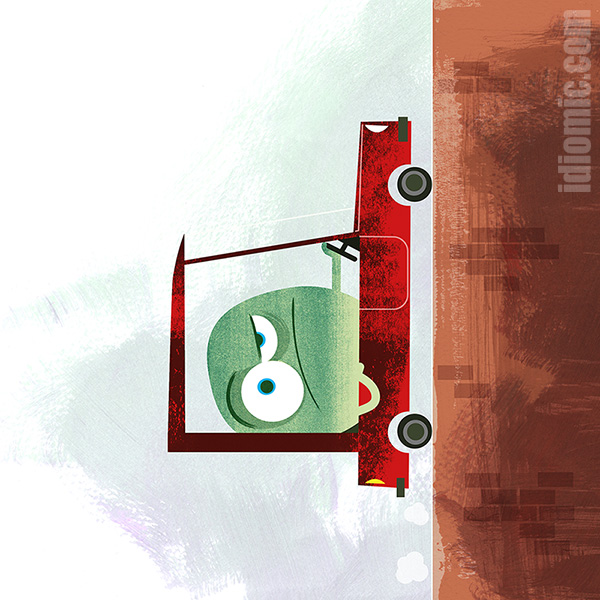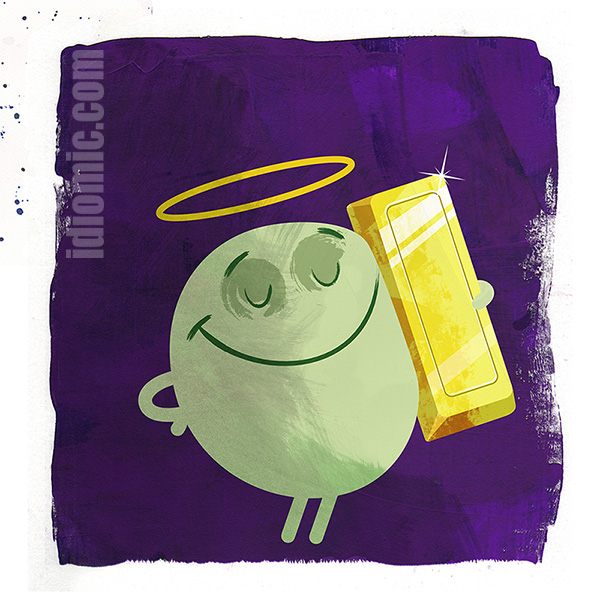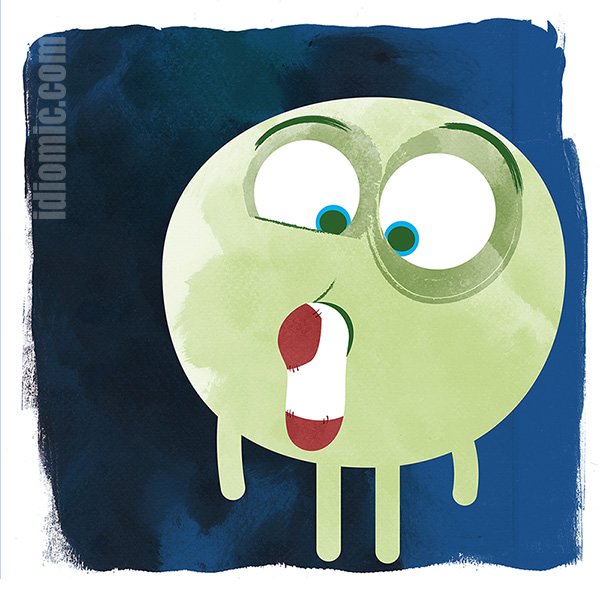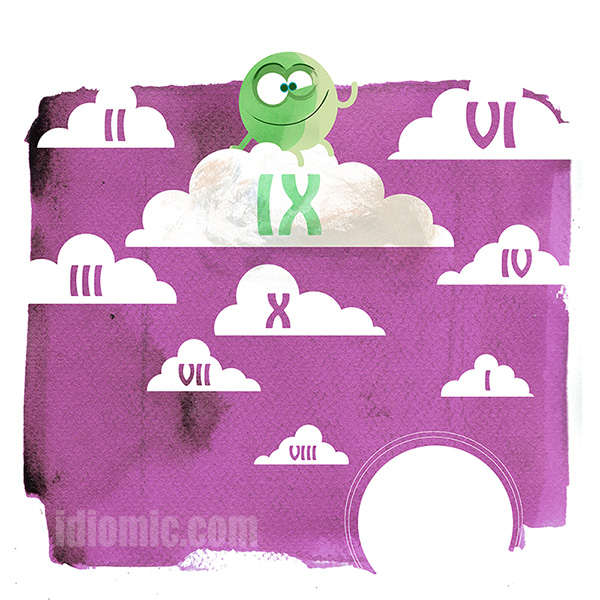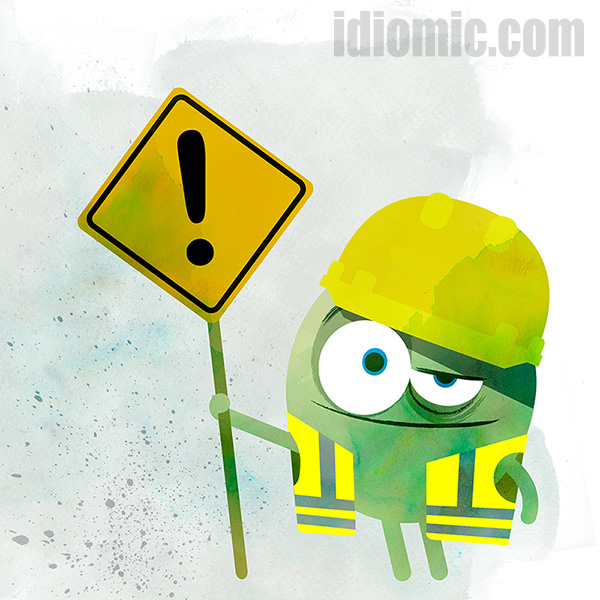Definition: To confront a problem head on.
Example: Jill decided to take the bull by the horns and have her moustache waxed.
Origin:
Taking the bull by the horns is unsurprisingly, traced most commonly to the Wild West and rodeo sports. In the discipline of steer wrestling, a cowboy tries to bring down a young steer single-handedly by facing it head on, grasping it by its horns, and forcing it to the ground. They seem to have been a bit short on entertainment back then, so it was something to do while they waited for the Playstation to be invented.
There is some evidence that the phrase was used as early as the 17th century. This would be prior to the era of six-shooters and cattle rustling. If so, then its roots may be anchored in an older cow related sport / torture, that of bull fighting.

